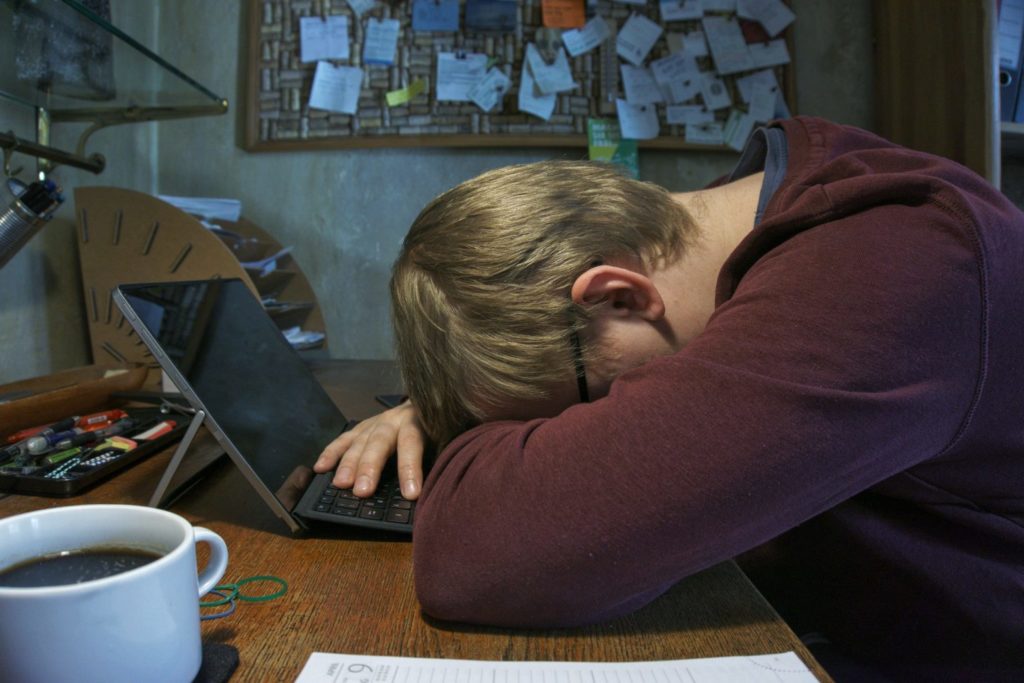When it comes to teleworking, the Belgian authorities are looking for the middle ground between controlling the further spread of the coronavirus and ensuring workers' mental health.
As the Consultative Committee last Friday decided to extend the obligation to telework, Federal Economy Minister Pierre-Yves Dermagne was tasked with finding the "happy medium" between the measures and people's work-life balance.
"While it was decided that the measure would be extended, the difficulties were also raised," Dermagne said in the Social Affairs Committee on Tuesday.
Together with the National Social Security Office (NSSO), he is working on a proposal for developing an app, on which employers will have to communicate the number of employees who must remain on site.
Additionally, the app will enable the inspectorate to see immediately whether or not the maximum number of workers authorised on-site is respected.
Related News
- Vaccine rollout in EU set to speed up from next month, says von der Leyen
- Belgium will start easing lockdown measures
- Cheat Sheet: Belgium's timeline for relaxing coronavirus measures
Dermagne underlined that the possibility of allowing certain workers, who are suffering under the teleworking measure, to visit the workplace one day a week.
"Their mental and physical health is at stake," he said.
During a press conference on Tuesday morning, virologist and interfederal Covid-19 spokesperson Steven Van Gucht said that while working from home is "not always easy or pleasant," it continues to be "one of the most important measures" to control the pandemic.
It is partially through teleworking that Belgium is able to keep schools and shops open, and to offer prospects to the hospitality industry in a few weeks and months, according to him.
"In this final phase of the pandemic, remote working is still a basic condition to allow the easing of restrictions in other areas," he said, adding that he understands it is becoming "increasingly hard" to keep it up.
Additionally, people have started going back to the workplace more often in the past few weeks, figures show.
"On average, we now work about 19% more from home than in normal times," Van Gucht said, adding that the majority (36%) of known outbreaks are currently found in the workplace, followed by schools (31%) and residential care centres (12%).
"We would therefore like to ask you to make sure you continue to work from home in the coming weeks," he said. "Know that this is not going to last, but in anticipation of a further roll-out of the vaccination campaign, it remains an important basic rule."
Maïthé Chini
The Brussels Times

